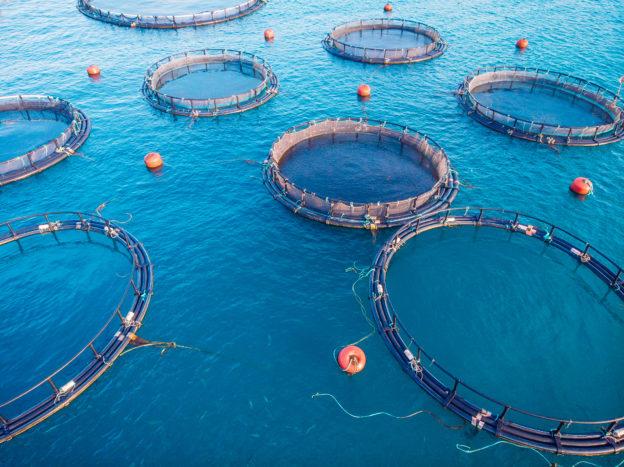With the climate change crisis at the forefront of media coverage and federal legislative priorities, Stronger America Through Seafood (SATS) recently sent a letter to President Biden requesting the Administration prioritize seafood production to help mitigate climate change. The letter was backed by findings from a commissioned report which aimed to explore how marine aquaculture fits into the larger conversation on climate change and was underwritten by Sea Pact, a sustainable seafood alliance co-founded by Seattle Fish Company.
“Through Sea Pact, Seattle Fish is pooling resources with other seafood distributors to have an impact on the things that will make a difference for all our futures,” said Hamish Walker, Seattle Fish Company’s Chief Sustainability and Development Officer. “There is no bigger issue facing us than climate change so we were really pleased to be able to help fund this research into the ways seafood, specifically aquaculture, can contribute to a lower carbon future. The evidence is clear that seafood production will need to play a core role in meeting our future nutritional needs, and the U.S. has an amazing opportunity to be a leader in this, if we choose.”
Background:
According to the United Nations, the world population is projected to reach nearly 10 billion by 2050 compared to 7.7 billion in 2019. A report entitled “Creating a Sustainable Food Future” estimates that global demand for protein will also rise by an estimated 88 percent from 2020-2050. Combined, this creates an urgent need for scientists and political leaders to find more climate-friendly sources of protein to feed the growing population. There are many thoughts surrounding this issue, but those in the seafood community are urging the current administration to consider shifting toward seafood, particularly aquaculture, as one of the ways to solve this problem.
“If we are going to feed the growing world population, we must continue to advance the development of sustainable marine fish farming technologies,” said Dr. Kevan L. Main, Director of Mote Aquaculture Research Park. “Protein production from sustainable aquaculture systems is more efficient and less damaging to the environment than other animal protein production.”

What is Marine Aquaculture and Why Do We Need It?
Aquaculture is the controlled process of cultivating aquatic organisms, particularly for human consumption (think agriculture is to plants/livestock as aquaculture is to fish/seafood). The process is also referred to as fish farming (you’ve likely seen fish in your local supermarket labeled “farm-raised”).
According to Aquaculture Alliance, the primary responsibility of aquaculture is to efficiently complement sustainable, wild-caught fish options to increase the amount of seafood available worldwide. By 2030, they estimate that 62 percent of all seafood produced for human consumption will come from aquaculture, compared to 50 percent today.
How does Aquaculture Fit into the Climate Change Conversation?
The commissioned report by SATS, underwritten by Sea Pact, revealed several themes that demonstrate how aquaculture is healthy for our planet and its people and why it must be considered as a solution to mitigate climate change:
- Well-managed marine aquaculture can produce protein from the ocean with low greenhouse gas emissions and no conversion of land.
- Certain types of aquaculture, such as seaweed farming, also have the potential to sequester carbon and can be used to remove carbon dioxide from the atmosphere.
- Fish farming can provide other ecosystem services such as improving water quality, regulating ocean acidification, protecting coastlines, and providing habitat for other species.
- There is potential for expansion of marine aquaculture, particularly in the United States.
“As our federal leaders seek innovative solutions to address the climate crisis, aquaculture, one of the most resource-efficient methods for protein production, should be considered as a tool to help feed our growing population responsibly while protecting our planet,” said Margaret Henderson, Campaign Manager of SATS. “Through federal action, the Administration and Congress can establish a clear, regulatory pathway for permitting offshore aquaculture that would support a sustainable seafood future, increase the resiliency of our food systems and create new jobs in communities nationwide.”
https://www.aquaculturealliance.org/blog/what-is-aquaculture-why-do-we-need-it/
https://www.un.org/development/desa/en/news/population/world-population-prospects-2019.html

